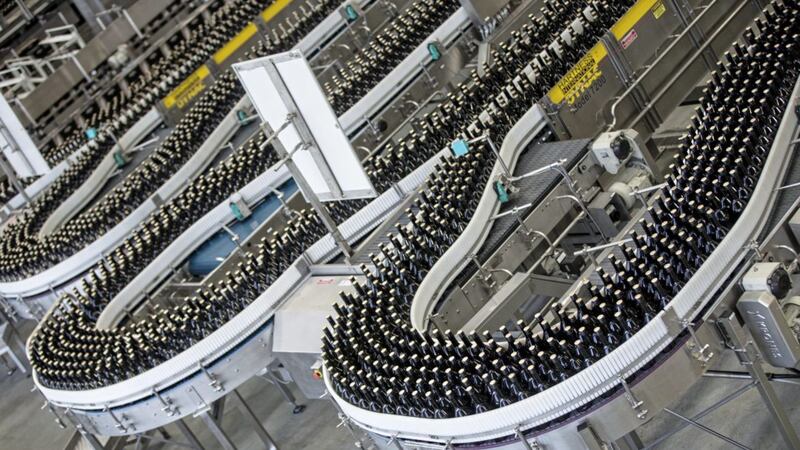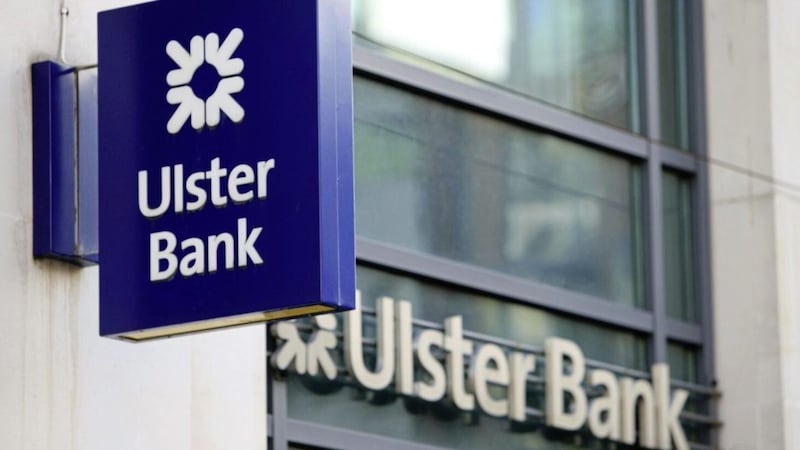DRINKS giant Diageo has launched a ten-year blueprint to improve sustainability and make its global workforce more diverse.
The 'Society 2030: Spirit of Progress' plan lays out 25 goals for the Guinness and Smirnoff owner in three key areas - promoting positive drinking; championing inclusion and diversity; and pioneering grain-to-glass sustainability.
And across Ireland, the Guinness and Baileys brands will lead the implementation of the ambitious targets.
Every drink produced will take 30 per cent less water than it does today, packaging will be 100 per cent reusable, recyclable or compostable and the production operations on the island of Ireland will become net carbon neutral.
The brands will also work in collaboration with farmers and those in its value chain to halve their indirect carbon emissions by 2030.
Diageo Ireland announced in September that the proposed Guinness Quarter development at St. James’s Gate aims to be Dublin’s first carbon neutral district (it has already demonstrated a commitment to sustainability, including a 32 per cent reduction in Co2 emissions and halving water usage).
At the Baileys operation on Nangor Road, 100 per cent of the electricity supplied is renewable and zero carbon, while all production sites across the island, including Baileys Mallusk and Belfast Packaging, have achieved zero waste to landfill.
Diageo chief executive Ivan Menezes said: "As a global business, we are committed to playing our part to protect the future of our planet and to leading the way for others to follow.
"I'm immensely proud of Diageo's sustainability and responsibility achievements to date, and this new ambitious action plan will challenge us even further to deliver more over the critical decade to 2030."
By 2030 Diageo will also deliver more than 150 community water projects across the world, including providing access to clean water, sanitation and hygiene.
It will also support 150,000 smallholder farmers with farming techniques to regenerate the land and build biodiversity.








